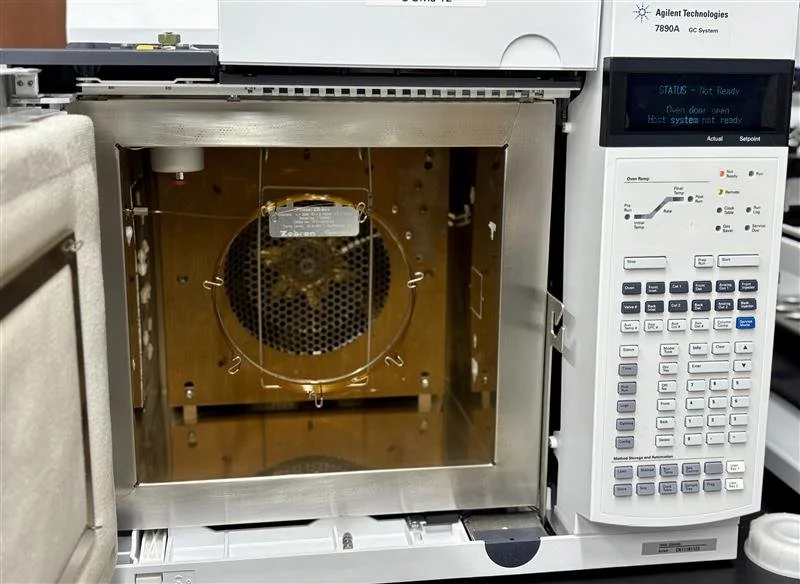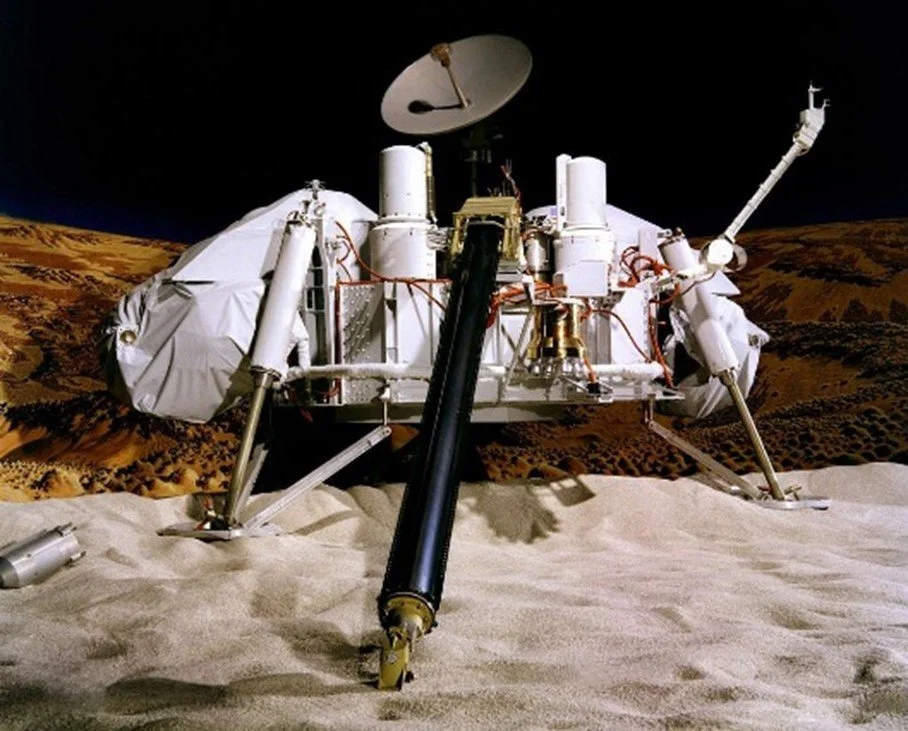Mass Spectrometry (MS)
Mass spectrometry (MS) is an analytical tool we use in our laboratory to detect a wide variety of chemical compounds. As an environmental laboratory, we use MS to accurately determine how much of a compound of interest is in soil and water for both organic and inorganic testing. This is done by ionizing the compounds as it enters the MS then using external electrical magnetic fields to sort and separate the charged ions. These ions are then measured, both in characteristic and intensity. We can use these measurements to determine what and how much of each analyte is within the sample.
For more information on mass spectrometry you can check out:
https://www.broadinstitute.org/technology-areas/what-mass-spectrometry
Gas Chromatography (GC) is an analytical technique used to separate and quantify chemical compounds. The sample is volatized within the GC and passes through a separatory column. The column has a stationary phase that each chemical compound has a different affinity for, making the compounds move through at different rates. The column is gradually heated to allow compounds with a higher affinity for the column to pass through faster. The column is then connected to a detector that will turn the physical compound into something a circuit can understand.
For more information on gas chromatography visit:
https://www.teledynelabs.com/products/chromatography/gc-prep/gas-chromatography
Gas Chromatography (GC)
The first time that a GCMS was used to analyze organic compounds on another planet was in 1976 as part of the Viking 1 mission. The Viking 1 lander touched down in the Chryse Planitia region of Mars on July 20th and operated for 2,245 sols (Martian days) before contact was lost.
At Summit Scientific, we use GCMS to analyze for Volatile Organic Compounds (VOCs) such as Benzene, Toluene, Ethylbenzene, and Xylenes (“BTEX”). These chemicals occur naturally in crude oil and are considered hazardous to human health. As an environmental lab, our job is to screen water and soil samples from Oil & Gas drilling sites to aid in restoration of native conditions following spills/closures and to ensure these sites are safe for wildlife, agriculture, and human habitation.
A full-scale replica of the Viking lander can be seen at the Space Foundation Discovery Center in Colorado Springs.



